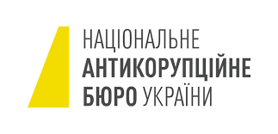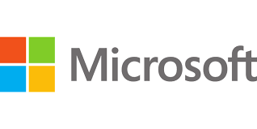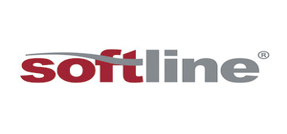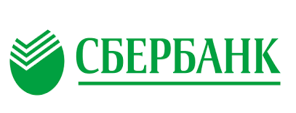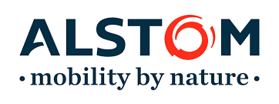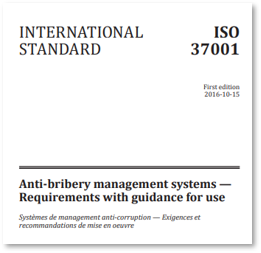
Today, in the world practice, one of the most effective anti-corruption tools is the international standard ISO 37001: 2016 “Anti-Bribery Management Systems”, which allows organizations to gain international recognition and minimize corruption risks. Any organization that implements the anti-corruption standard ISO 37001 receives the status of “Good company”.
Work on the standard began in 2012, when the British Standards Institute submitted a proposal to the International Organization for Standardization to develop a new international standard that would allow organizations around the world to implement effective anti-corruption measures.
Exactly 4 years later, the new ISO 37001 standard was published, for the development of which more than 80 experts from 44 countries were involved and the world’s best anti-corruption practices were used to protect the organization from all forms of corruption.
The standard establishes requirements and contains recommendations for the creation, implementation, maintenance and improvement of an anti-bribery systems within an organization. The standard applies only to corruption, and addresses issues such as:
- bribery by the organization or by employees of the organization acting on its behalf or in its interests;
- bribery by business partners of the organization acting on its behalf or in its interests;
- bribery of the organization;
- bribery of employees of the organization in connection with the activities of the organization;
- bribery of the organization’s business partners in connection with the organization’s activities.
The methods and means for combating corruption described in the standard are quite diverse.
Here are some of them:
- the adoption of an anti-corruption policy;
- appointing a person / group of persons responsible for the implementation and operation of the anti-corruption management systems in the organization;
- training of personnel on anti-corruption issues; –
- analysis of corruption risks on a regular basis and development of measures to minimize them;
- verification of partners for integrity;
- implementation of financial and non-financial controls;
- development of internal documentation on anti-corruption issues;
- conducting internal audits, etc.
In simple terms, the anti-corruption management systems allows the head of the organization not to worry about the integrity of each employee, since this will be controlled by the systems. In such a situation, it becomes possible to detect and timely prevent corruption.
It should be noted that the anti-corruption management systems can be implemented by any organization without any restrictions, regardless of the form of ownership, the specifics and scale of activities, the number of employees and jurisdiction.
Another important aspect is that this standard is similar in structure to other international standards ISO 9001, ISO 27001 and ISO 45001, which makes it easier to integrate it into an organization that has implemented one of these standards.
In terms of benefits, by far the main argument for ISO 37001 is the reliability and effectiveness of anti-bribery measures. But it is important to pay attention to the fact that the benefits received from the implementation of the anti-corruption management systems for the organization do not end there – there are other advantages as well.
First, it is the formation of a culture of openness, accountability and transparency of the organization’s work.
Second, the anti-corruption management systems encourages an ethical culture in the organization. This is a new level of communication not only inside the company, but also outside, which contributes to an increase in the level of trust on the part of the company’s customers and has a positive effect on its reputation.
Thirdly, in case of successful audit, the organization receives an international certificate, which is recognized in more than 70 countries. Such a certificate ensures recognition among international partners.
Currently, the ISO 37001 standard is widely used around the world.
The world’s largest companies, such as Microsoft, Walmart, Sberbank, etc., have international certification for this standard (and others). Public sector organizations are also striving to implement this standard. For example, the National Anti-Corruption Bureau of Ukraine is one of the first law enforcement agencies in Europe to confirm the full compliance of its anti-bribery systems with the requirements of the international standard ISO 37001.
In the Republic of Kazakhstan, this standard has not yet become widespread. The Academy of Public Administration under the President of the Republic of Kazakhstan became the first government organization in the country that implemented and successfully confirmed the compliance of the anti-bribery management systems with the requirements of the international standard ISO 37001.
